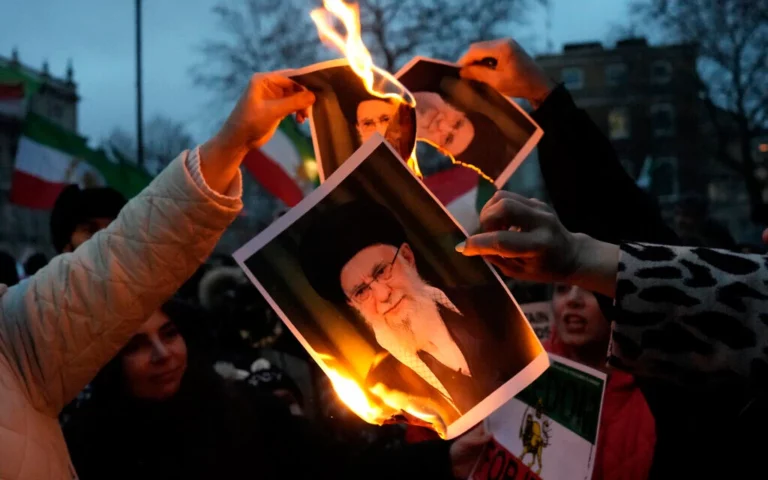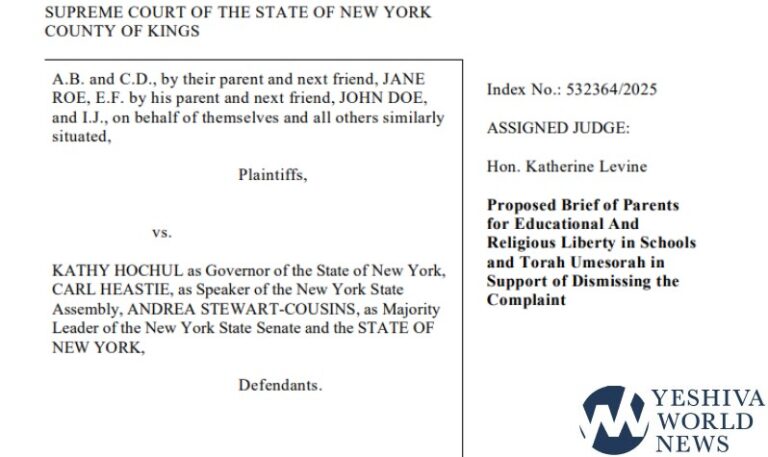A new poll shows that nearly 40% of Syrians now support a peace deal with Israel — a stunning development in a country long considered one of Israel’s most implacable enemies.
The nationwide survey, conducted by the Syrian Center for Public Opinion Studies (MADA), found that 39.88% of Syrians are in favor of signing a formal peace agreement with Israel, while 46% remain opposed and 13.76% express no opinion. The results underscore a population deeply divided — but increasingly open to a diplomatic path that would have been unthinkable under the regime of Bashar al-Assad.
But even as talk of peace circulates, deep mistrust lingers. A staggering 76% of respondents still view Israel as Syria’s number one security threat — ranking it above Iran, the United States, and Russia. And 59.25% categorically rejected the idea of embassies or formal diplomatic missions between the two countries.
Support for normalization is strongest in the southern provinces of Suwayda and Quneitra — areas with significant Druze populations and geographic proximity to Israel. MADA analysts attribute the openness in these regions to Israel’s quiet engagement with the Druze community and its perceived stability in the wake of Assad’s downfall.
Ethnic and sectarian divisions also reveal sharp differences in sentiment. Kurds emerged as the most supportive ethnic group, followed by Syrian Christians. Among religious sects, Ismailis and Alawites — traditionally aligned with the Assad regime — showed greater willingness to back a peace deal than the Sunni majority, who were more skeptical.
“This is not a monolithic society anymore,” said Dr. Hossam al-Saad, head of MADA. “The trauma of war, shifting alliances, and economic desperation have created new political fault lines — and new opportunities.”
According to the survey, over 70% of Syrians believe that normalization with Israel could unlock sorely needed Arab and international investment. Yet 62% remain wary that peace might come at a territorial cost, fearing Israel could exploit the agreement to seize additional Syrian land.
U.S. Congressman Cory Mills disclosed that al-Sharaa has signaled openness to dialogue with Israel, raising the possibility that post-Assad Syria could join the Abraham Accords — the sweeping normalization initiative that has already drawn in multiple Arab nations.
MADA’s report suggests that Syria’s new leadership is seeking to reduce its dependency on Iran, reestablish relations with Arab neighbors and Turkey, and navigate the treacherous terrain of sanctions relief, reconstruction, and refugee repatriation.
The question now is whether this shift in public opinion — and the quiet maneuvering behind the scenes — will translate into a formal peace process, or whether old grievances and new power struggles will bury a historic chance for change.
(YWN World Headquarters – NYC)












2 Responses
Years of brainwashing will do that to you
the results of this “survey” are obviously contradictory, because people who grew up in a totalitarian country are unlikely to bare their souls to some random public opinion survey, when such thing would have gotten them jailed or worse just a few months ago. it’s more likely that they’re just saying what they think you want hear, contradictions and all.